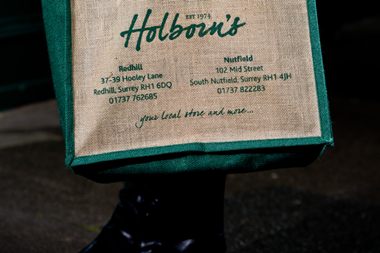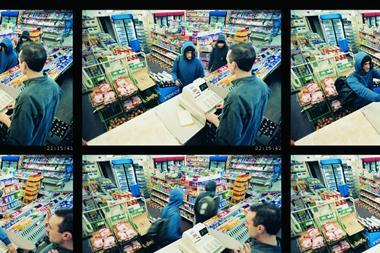Urban shoppers expect and generally get more from c-stores, whereas shoppers in more rural areas are more likely to be disappointed by what’s on offer, according to new research.
SRCG’s Convenience Survey 2005 found there was far greater emphasis on distress and top-up shopping in non-urban locations, where food for now and snacks take up less space in shopping baskets. Shoppers in these stores say they are part of the community but are more likely to describe c-stores as cluttered, dirty and disorganised than city-based consumers. Non-urban shoppers were often likely to switch to using a big name store such as a Tesco Express if it opened in their area. This group are usually women, who are driving and topping up supplies, while urban c-store shoppers are just as likely to be male and often buy food for immediate consumption, unlike their rural counterparts.
SRCG’s Convenience Survey 2005 found there was far greater emphasis on distress and top-up shopping in non-urban locations, where food for now and snacks take up less space in shopping baskets. Shoppers in these stores say they are part of the community but are more likely to describe c-stores as cluttered, dirty and disorganised than city-based consumers. Non-urban shoppers were often likely to switch to using a big name store such as a Tesco Express if it opened in their area. This group are usually women, who are driving and topping up supplies, while urban c-store shoppers are just as likely to be male and often buy food for immediate consumption, unlike their rural counterparts.

























No comments yet